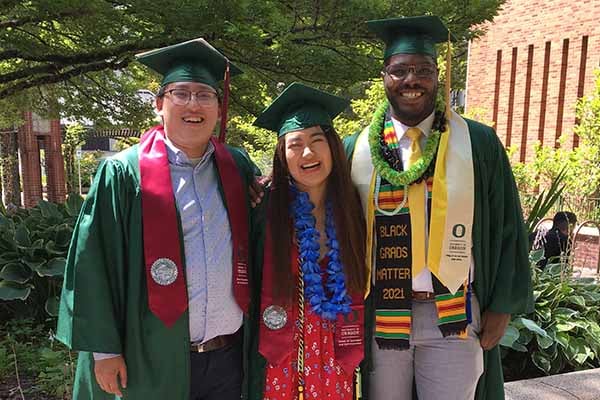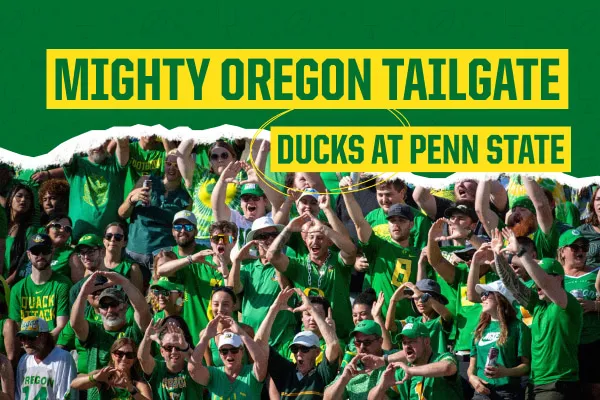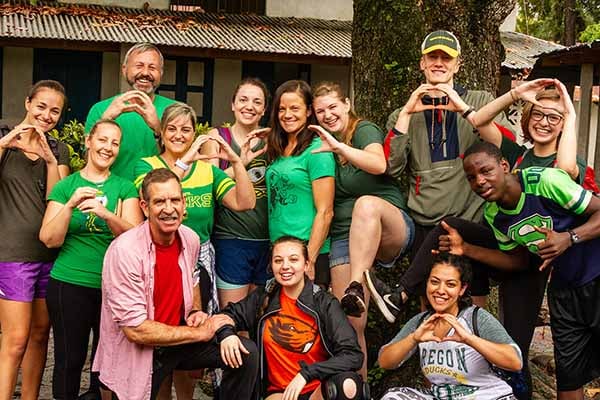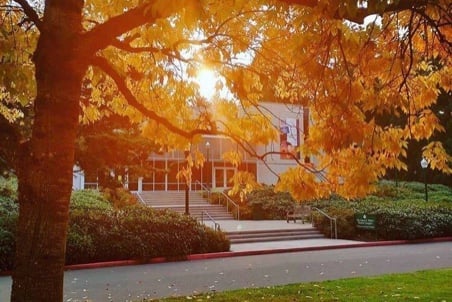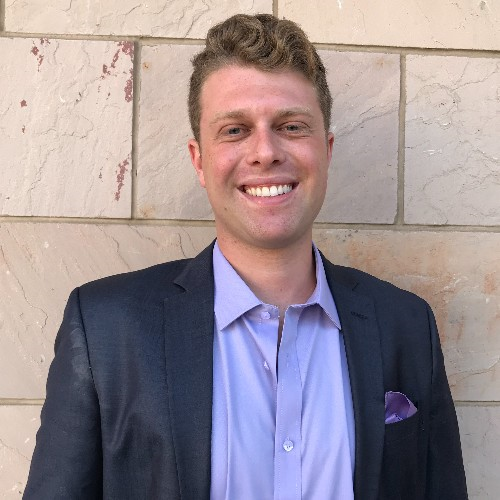Max Green
Job Title: Senior Finance and Strategy Analyst
Major: Finance & Entrepreneurship
Graduated: 2020
Part of the Daily Emerald "Alumni Take Flight" series
Why did you choose to attend the UO?
I chose to go to UO because of the business school. I’m also a huge sports fan, and they had basketball, football… Overall it was a great college experience. I had a close friend whose sister graduated when I was coming in and loved it. I’m from California and the UC schools didn’t offer a business program, and the state schools were very packed and competitive so it was tough to get classes. I knew when I went to Oregon that I was able to switch my major without a lot of restrictions so it allowed me to have a roadmap of multiple different majors. I tried a lot of different classes within my first two years which was amazing and what I recommend to other students now.
What skills or key takeaways did you gain from your time at the UO that you now implement in your career?
The number one skill was the ability to hit deadlines and develop that repetitive manner to build up that skillset. Learning how to learn was also a huge skillset that I still use, as odd as it sounds. In school you basically learn new information, regurgitate it and get a grade. But that process of learning is very valuable because when you go to a new job, they teach you all new skills and have new expectations so you have to be able to adapt and grow. Collaborative team skills are something else I've developed.
My senior year, I had a capstone entrepreneur class where we worked with Palo Alto software, a local startup company in Eugene. We were working in a team of 5 and also working with senior directors of the company and it was a great warmup for what I do at Intel. In real life, you don't really have homework so you're basically given a bunch of projects that take “x” number of weeks to complete. I had an upper division class that taught me how to persuade and implement changes into an organization no matter where I was in the company hierarchy. That class, for so many reasons, was the perfect class before coming to Intel; I came in to try and implement a group that wasn't used to having changes made.
I developed grit and resilience throughout school. I had to pay my way through school, I worked full time for the entire duration. That was really difficult, but I picked myself up and my friends and family kept me moving forward. When I first joined Intel, the first three months were like a fire drill and the environment was high pressure. I was doing projects for the CEO of the group, so there was a lot happening, but I went back to reminding myself how hard I've worked in the past and that I can do this. Having that type of mindset of never giving up has really helped.
As a financial analyst for Intel, what does your job look like on a day-to-day basis?
The truth is, it changes everyday because of the climate the company is in and the group I'm in. But my basic role is that I make the financer's lives easier and consolidate information and automate it. I also work with head finance people in order to track large spending.
What is your favorite memory from your time at the UO?
On a personal note, developing really great friendships and support systems. On the professional side, I'm proud of not leaving a stone unturned. My journey was not a straight line. I switched my major about four or five times, but I eventually found something I was good at and found some level of enjoyment in. When I graduated college last year, I didn't have any regrets because I've tried those paths and they weren't for me, so I'm very happy about that.
What led you to seek a career in finance?
I knew I wanted a career where I could interact with people but also be able to do my own work and be in a team setting. I've always liked the strategy of an organization and it usually goes back to the cost of something and the numbers behind it. I worked at Dreamworks Animation my freshman year in corporate finance and I loved the team environment and seeing the background side to everything. I then interned at a startup in Israel, where I was involved with business development and working in a small team. I thought finance was the best marriage of the two and involved the skill sets I enjoyed.
How do you think students should navigate the job market during the current pandemic?
I think there are four pillars to what makes up a candidate and what the employer wants to know. Number one is the credentials, including your degree, certificates, and courses you took specific to the job you're applying to. The second is your work experience that displays that performance. This can be internships, clubs, full time jobs and more. The third is your character. Are you a nice person? Easy to work with? Collaborative? Do you have future leadership potential and are you willing to be coached? The fourth thing is your network. Everyone talks about networking and it’s never really taught in class, but networking is the pillar that will actually make the difference between a candidate who is usually chosen for the role over another one. My advice is to build up these four pillars and you'd be surprised that you’re stronger in certain areas than others.
Since no single curriculum provides everything necessary to be effective in your first occupation, in what ways can students teach themselves to be competitive?
I think the biggest thing is that you need to be proactive and step into the ring, and the ring is the network. Nobody is going to come to your door and offer you a great job out of the blue. Reach out to professionals on LinkedIn who work at companies you're interested in, and develop a genuine relationship with them. At a university you’re in a bubble, and when you graduate, you're competing with people from different backgrounds and universities for the same job. Use your networking connections to give yourself a better chance at getting the job. Being proactive and not reactive is the one step to take for sure, it’s never too late to start.
Written by Shannon Enriquez, Daily Emerald student reporter



